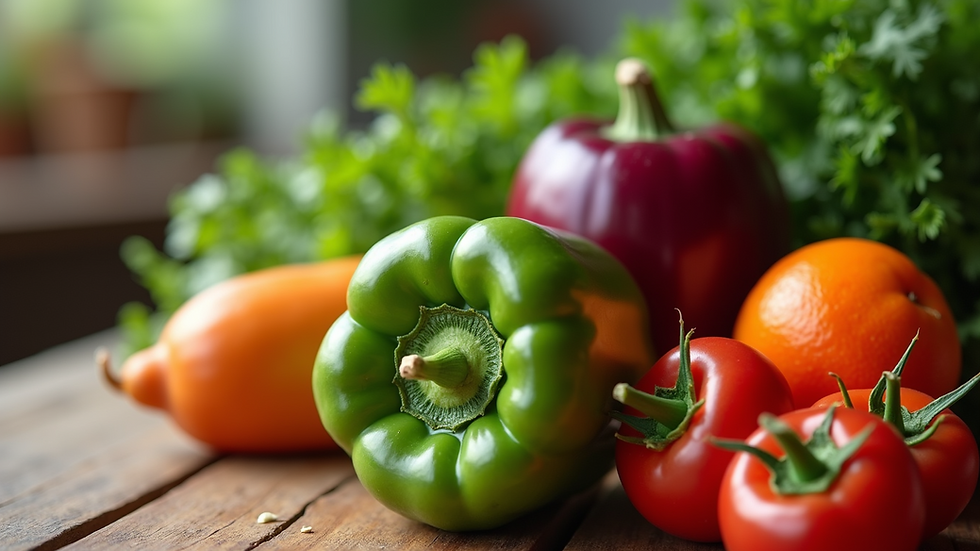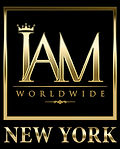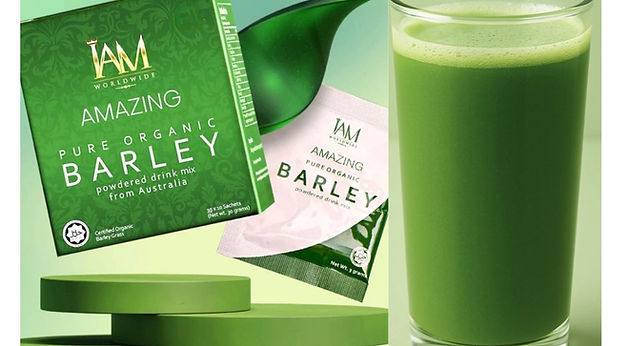The Role of Nutrition in Maintaining Blood Pressure Through Natural Remedies
- Aileen Fernando
- Oct 27, 2025
- 4 min read
Maintaining healthy blood pressure is essential for overall well-being and reducing the risk of heart disease and stroke. Nutrition plays a crucial role in managing blood pressure levels effectively. By making informed dietary choices, you can support your cardiovascular system and promote long-term health. This article explores how nutrition impacts blood pressure and offers practical advice on natural remedies to help keep your numbers in check.
How Nutrition Influences Blood Pressure
Blood pressure is the force exerted by circulating blood on the walls of blood vessels. When this pressure is consistently high, it can damage arteries and organs. Nutrition affects blood pressure through several mechanisms:
Sodium intake: Excess salt causes the body to retain water, increasing blood volume and pressure.
Potassium levels: Potassium helps balance sodium and relax blood vessel walls.
Weight management: A healthy diet supports weight control, reducing strain on the heart.
Cholesterol and fat: Unhealthy fats can clog arteries, raising blood pressure.
Blood sugar control: High sugar intake can lead to insulin resistance, affecting vascular health.
Eating a balanced diet rich in fruits, vegetables, whole grains, lean proteins, and healthy fats can help regulate these factors. For example, the DASH (Dietary Approaches to Stop Hypertension) diet emphasizes low sodium and high potassium foods, which have been shown to lower blood pressure.

Natural Remedies Through Nutrition to Support Healthy Blood Pressure
Incorporating natural remedies into your diet can be a powerful way to maintain healthy blood pressure without relying solely on medication. Here are some effective nutritional strategies:
Reduce Sodium Intake
Limit processed and packaged foods, which often contain high levels of salt. Aim for less than 2,300 mg of sodium per day, or even 1,500 mg if you have elevated blood pressure.
Increase Potassium-Rich Foods
Foods like bananas, spinach, sweet potatoes, and avocados help counteract sodium's effects and relax blood vessels.
Eat More Whole Grains
Whole grains such as oats, brown rice, and quinoa provide fiber and nutrients that support heart health.
Choose Healthy Fats
Incorporate sources of omega-3 fatty acids like salmon, flaxseeds, and walnuts to reduce inflammation and improve artery function.
Limit Added Sugars and Refined Carbs
Excess sugar can contribute to weight gain and insulin resistance, both of which negatively impact blood pressure.
Moderate Alcohol Consumption
Drinking alcohol in moderation or not at all can help maintain optimal blood pressure levels.
By adopting these dietary habits, you can naturally support your cardiovascular system. For more detailed guidance on natural blood pressure remedies, visit this resource.

What is the Best Natural Drink to Lower Blood Pressure?
Certain natural drinks have been studied for their ability to help lower blood pressure. Here are some of the most effective options:
Beetroot Juice
Rich in nitrates, beetroot juice helps dilate blood vessels, improving blood flow and reducing pressure.
Hibiscus Tea
Hibiscus contains antioxidants that may help relax blood vessels and lower systolic blood pressure.
Green Tea
Packed with antioxidants called catechins, green tea supports heart health and may modestly reduce blood pressure.
Pomegranate Juice
This juice is high in polyphenols, which have been linked to improved vascular function.
Low-fat Milk
Calcium and vitamin D in milk contribute to blood pressure regulation.
Amazing Pure Organic Barley Drink
Amazing pure organic barley drink is packed with an impressive array of vitamins, minerals, and antioxidants. It is 100% organic grown without pesticides or harmful chemicals ensuring you get the purest most potent form of this superfood. Grown in the pristine field of Australia.
Get it at https://www.ibcnyshop.com

When choosing natural drinks, avoid added sugars and excessive caffeine, which can counteract benefits. Drinking these beverages regularly, alongside a balanced diet, can be a simple and enjoyable way to support healthy blood pressure.
Practical Tips for Incorporating Nutrition-Based Blood Pressure Control
To make lasting changes, consider these actionable recommendations:
Plan meals ahead to include plenty of fresh produce and whole foods.
Read nutrition labels to monitor sodium and sugar content.
Cook at home more often to control ingredients and portion sizes.
Snack smart with nuts, seeds, and fresh fruit instead of processed snacks.
Stay hydrated with water and natural drinks that support blood pressure.
Consult a healthcare provider before making major dietary changes, especially if you have existing health conditions.
Small, consistent steps can lead to significant improvements in blood pressure and overall health.
Embracing a Heart-Healthy Lifestyle Beyond Nutrition
While nutrition is a cornerstone of blood pressure management, combining it with other healthy habits enhances results:
Regular physical activity helps strengthen the heart and improve circulation.
Stress management techniques like meditation and deep breathing can lower blood pressure spikes.
Adequate sleep supports cardiovascular health.
Avoiding tobacco reduces the risk of artery damage.
Together, these lifestyle factors create a comprehensive approach to maintaining healthy blood pressure naturally.
By focusing on nutrition and these complementary habits, you empower yourself to take control of your heart health and reduce the risk of complications.
This guide highlights the vital role nutrition plays in maintaining blood pressure and offers practical, natural remedies to support your journey toward a healthier heart. For more information on natural blood pressure remedies, explore this blog to discover additional tips and insights.






Comments